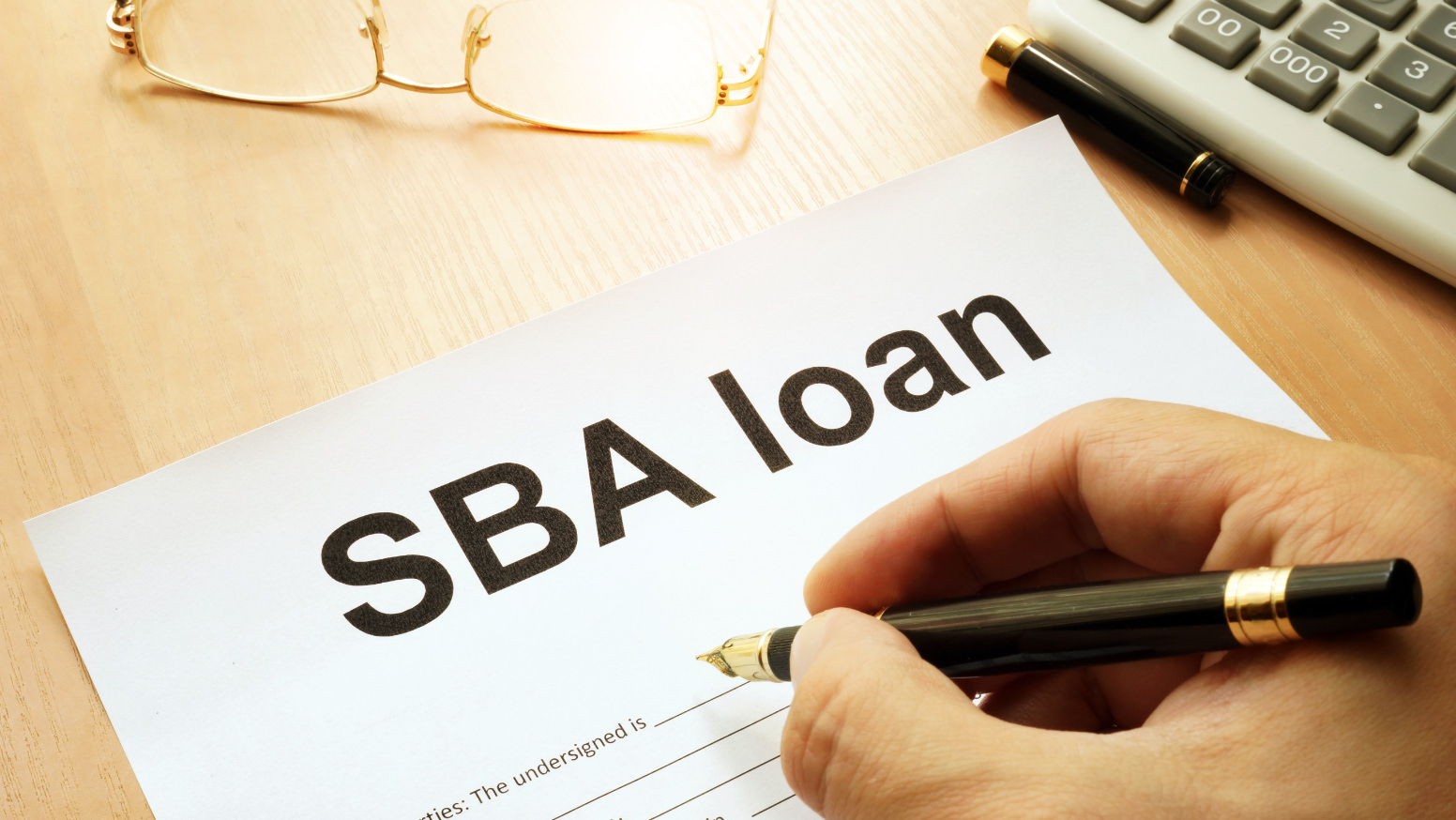SBA loan default attorneys
Legal Services
Resources
Notice of Intent to Garnish Wages?
In many cases clients find out all too late that a long forgotten SBA debt was transferred to the U.S. Treasury for collections. In some cases, the transfer to Treasury happens almost immediately, and without much warning, after an SBA offer in compromise is declined. In still other cases, if you have moved, a written notice may not reach you until years later.
What is Administrative Wage Garnishment?
In the context of an U.S. Small Business Administration (SBA) loan default, Administrative Wage Garnishment (AWG) is a debt collection process that allows a federal agency to order a non-federal employer to withhold up to 15 percent of an employee’s disposable income to pay a federal non-tax delinquent debt owed to SBA.
Treasury, on behalf of the SBA, is authorized to issue a wage garnishment order to collect the debt. Under federal law, a court order does not need to be obtained. The employer will be required to send the amounts deducted to Treasury for payment to the SBA. The AWG process is governed by federal law. State laws do not apply.
What are my rights?
You have a right to contest the SBA’s attempt to garnish your wages. If a request for a hearing is received within 15 business days following the mailing of the written notice to a debtor, a hearing must be held prior to the issuance of a wage garnishment order.
Generally, there are three (3) grounds or defenses available for you to assert in an AWG Hearing. You can: (i) challenge the existence or legal enforceability of the debt based on applicable federal or state law; (ii) dispute the amount of the debt (including the administrative fees and costs); and/or (iii) prove that the AWG order to be issued will cause you severe financial hardship.
If a request for a hearing is received after 15 business days, a hearing must still be held; however, the garnishment order may be issued before the hearing is concluded. A hearing may be requested concerning the existence or amount of the debt, or the terms of the proposed repayment schedule under the garnishment order (hardship).
The SBA will determine whether the hearing will be oral or written. If the SBA decides to hold an oral hearing, the SBA will decide when and where the hearing will be held, and the debtor may decide whether the hearing will be in-person or by telephone. The debtor will have to pay any travel expenses for an in-person hearing.
What if my employer just ignores an AWG order?
An employer who fails to comply with an AWG order is liable for amounts that the employer fails to withhold, plus possible penalties and fees. Noncompliance may result in legal action by the Department of Justice (DOJ).
Have a Question?

The Perliski Law Group is dedicated to helping small business owners survive the closure of their business and the resulting financial damage caused by an SBA loan default. During your free initial consultation, we will explain how the SBA collection process works and outline the SBA debt relief and SBA loan forgiveness options that may be available to you.

